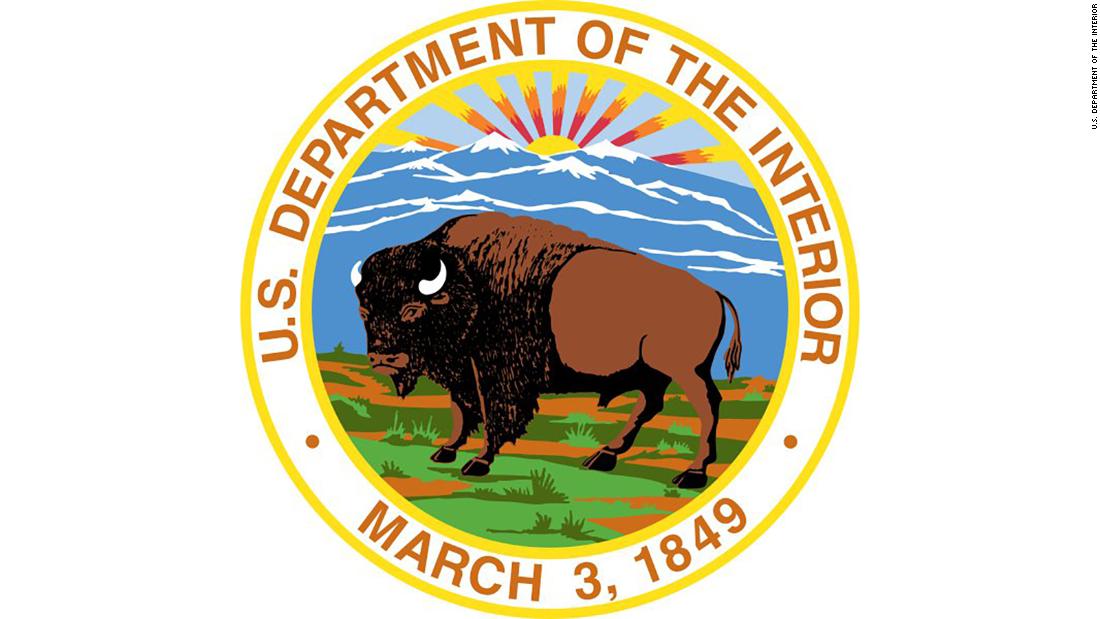
- Details
- By Native News Online Staff
The Department of the Interior is bolstering food sovereignty efforts across Indian Country with its new program: Indigenous Food Hubs.
The program—a partnership between the Bureau of Indian Affairs (BIA) and the Bureau of Indian Education (BIE) —will bring Indigenous foods and nutritional education to BIE schools and detention centers.
The initiative will include pilot hubs at four BIE schools and four BIA detention centers to source foods from Native producers and vendors, provide training for cooks, and develop educational materials.
“Indigenous food is about more than just nutrition. Food is an important part of Native cultures, traditions, history and community,” Assistant Secretary for Indian Affairs Bryan Newland said in a statement. “The Indigenous Food Hubs will work to provide healthier food to Indigenous communities and help to repair the damage done to Indigenous foodways by the harmful policies of the past, including colonization, relocation and assimilation of Tribal communities.”
For the first time, a nutritionist will be hired to support the BIE and BIA in developing and implementing culturally appropriate nutrition and training standards that draw from Indigenous knowledge, according to a press release from the Department of the Interior. Special efforts will be made to identify and connect Native vendors and producers, including tribal food sovereignty and health programs.
Additionally, the program will draw upon Indigenous knowledge to develop approaches to food that incorporate: culture, social determinants of health, nutrition, land management, and conservation.
Tell Us What You Think
More Stories Like This
50 Years of Self-Determination: How a Landmark Act Empowered Tribal Sovereignty and Transformed Federal-Tribal RelationsTlingit Haida Tribal Business Corporation Clarifies Federal Contracting Work
Homeland Tour Offers Deeper Understanding, Appreciation of Chickasaw Roots
Klamath Tribes Seek to Reverse Judge’s Removal in Water Rights Case
Tunica-Biloxi Chairman Pierite Elected President as Tribal Nations Unite Behind New Economic Alliance
Help us defend tribal sovereignty.
At Native News Online, our mission is rooted in telling the stories that strengthen sovereignty and uplift Indigenous voices — not just at year’s end, but every single day.
Because of your generosity last year, we were able to keep our reporters on the ground in tribal communities, at national gatherings and in the halls of Congress — covering the issues that matter most to Indian Country: sovereignty, culture, education, health and economic opportunity.
That support sustained us through a tough year in 2025. Now, as we look to the year ahead, we need your help right now to ensure warrior journalism remains strong — reporting that defends tribal sovereignty, amplifies Native truth, and holds power accountable.
 The stakes couldn't be higher. Your support keeps Native voices heard, Native stories told and Native sovereignty defended.
The stakes couldn't be higher. Your support keeps Native voices heard, Native stories told and Native sovereignty defended.
Stand with Warrior Journalism today.
Levi Rickert (Potawatomi), Editor & Publisher


